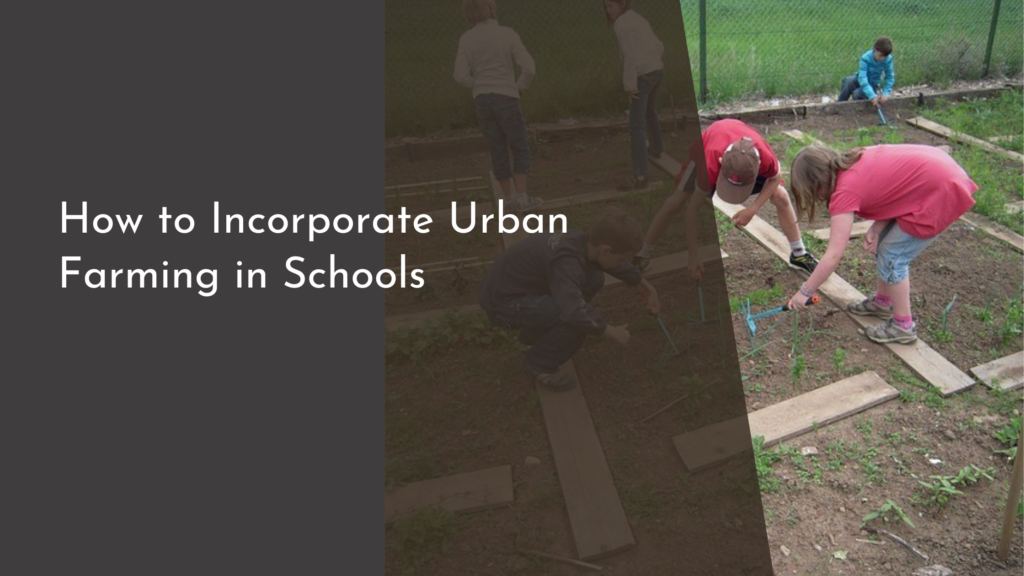Urban Recycling Incentive Programs
Urban recycling incentive programs are becoming increasingly vital as cities grapple with waste management challenges and environmental sustainability. These initiatives aim to motivate residents to participate actively in recycling efforts, ultimately reducing landfill waste and conserving natural resources. With a focus on community engagement and innovation, urban recycling programs not only enhance the local environment but also foster a sense of responsibility and pride among residents. This article will delve into the mechanics of these programs, explore their impact on community participation, highlight success stories from various cities, and offer tips for individuals to maximize their benefits from recycling initiatives.
Understanding Urban Recycling Incentive Programs: A Bright Future
Urban recycling incentive programs are designed to create a win-win situation for both municipalities and residents. These programs often incorporate various rewards, such as financial incentives, discounts on utility bills, or points that can be redeemed for goods or services. By making recycling more appealing, cities are encouraging their citizens to sort their waste effectively and participate in sustainable practices. The bright future of these programs lies in their adaptability; as cities evolve and technology advances, recycling initiatives can incorporate smart bins, mobile apps, and even gamification to enhance user engagement.
Moreover, the broader implications of urban recycling incentive programs extend beyond individual participation. They contribute to cleaner neighborhoods, healthier ecosystems, and even economic savings for municipalities. As recycling rates increase, cities can reduce waste management costs, lower landfill usage, and mitigate the environmental impact of waste. By fostering a culture of recycling, urban areas can pave the way for a greener future and inspire other communities to adopt similar practices. The collective efforts of residents and local governments can lead to a significant positive change in the overall health of our planet.
How Incentives Boost Community Participation in Recycling
Incentives play a crucial role in boosting community participation in recycling programs. When people see tangible benefits, they are more likely to engage actively. For instance, financial rewards or discounts on local services can transform recycling from a mundane chore into an appealing activity. Additionally, educational campaigns that accompany these programs help inform residents about the environmental and economic benefits of recycling, creating a more informed and motivated community. These efforts not only increase participation rates but also foster a deeper understanding of sustainable practices among residents.
Furthermore, social elements integrated into these programs can amplify participation. Community challenges or competitions that reward neighborhoods or households for their recycling efforts can ignite a spirit of camaraderie and friendly rivalry. When communities come together for a common cause, not only does participation soar, but residents also develop a stronger connection to their environment and each other. The combination of personal incentives and community engagement can create a ripple effect, encouraging ongoing commitment to recycling and sustainability.
Success Stories: Cities Reaping the Rewards of Recycling
Several cities across the globe have implemented successful urban recycling incentive programs, showing how effective these initiatives can be. For example, San Francisco has become a leader in recycling through its goal of achieving zero waste by 2030. The city offers a range of incentives, including composting programs and educational workshops, which have led to a remarkable 80% diversion rate from landfills. The success of these programs demonstrates the power of community involvement in achieving ambitious environmental goals.
Another exemplary case is Toronto, where the introduction of a pay-as-you-throw program has significantly increased recycling rates. Residents are charged based on the amount of garbage they dispose of, prompting them to recycle more to save money. This innovative approach has resulted in a substantial decline in waste sent to landfills, while also fostering a greater awareness of the importance of recycling. These success stories exemplify how urban recycling incentive programs can transform waste management and lead to a healthier, more sustainable future for cities.
Tips for Maximizing Your Benefits from Recycling Programs
To make the most out of urban recycling incentive programs, residents should first familiarize themselves with the specific guidelines and rewards offered in their city. Understanding what materials can be recycled and how to prepare them properly is crucial for maximizing participation and benefits. Many cities provide resources, such as online guides or community workshops, to help residents become more effective recyclers. Engaging with these resources can provide insight into the best practices for recycling and the potential rewards available.
Additionally, residents should get involved in local community initiatives related to recycling. Participating in neighborhood clean-up events or recycling drives can not only help the environment but also connect individuals with like-minded community members. Moreover, sharing tips and experiences with friends and family can create a supportive network that encourages continuous improvement in recycling habits. By staying informed and engaged, residents can fully leverage the benefits of urban recycling incentive programs and contribute meaningfully to a sustainable future.
In conclusion, urban recycling incentive programs hold immense potential for fostering community participation and promoting sustainability. As cities continue to innovate and adapt these initiatives, individuals have the opportunity to become integral players in the movement towards a cleaner, greener environment. By understanding the program’s dynamics, actively participating, and sharing knowledge with others, residents can create a positive impact not just in their neighborhoods but on the planet as a whole. Together, we can build a brighter future through responsible recycling practices!

